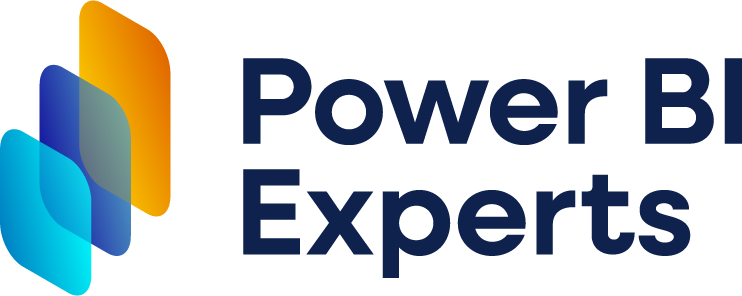
If you’re considering a data visualization tool, you’ve probably come across big names like Tableau and Power BI. But what if you’re looking for more than just pretty visuals? What if you want a tool that’s powerful, flexible, and designed to grow with your business? Here’s why Power BI is often the smarter choice for companies aiming to streamline data and drive better decisions—no tech degree required! 🚀
Perfect Fit with Microsoft Ecosystem 🖇️
If your business already runs on Microsoft tools like Excel, Outlook, or Teams, Power BI is designed to fit right in. Unlike Tableau, which requires additional connectors, Power BI integrates seamlessly with these tools out-of-the-box. You get instant access to your existing data, making it easier to dive right into analysis without technical hoops.
More Affordable Pricing and Flexibility 💵
Both tools have costs, but Power BI often wins on affordability, especially when scaled across larger teams. Power BI’s flexible pricing structure lets you start with a free version that’s surprisingly robust, and as your data needs grow, you can upgrade without hitting budget-breaking fees. This makes it ideal for businesses of all sizes, from startups to large enterprises.
Strong Focus on AI and Machine Learning 🤖✨
While Tableau offers advanced analytics, Power BI is backed by Microsoft’s powerful AI capabilities, making it accessible even for non-data scientists. Power BI users can leverage AI features like Quick Insights, which offers suggestions on your data’s trends and patterns with minimal input, as well as predictive forecasting. It’s like having an extra data analyst on your team!
Customization with Familiar Tools 🛠️
Power BI works directly with familiar tools like Excel, so you can easily customize reports and dashboards without a steep learning curve. Power BI also offers Power Query, a powerful data transformation tool, making it easy to shape your data before visualizing it—saving you from additional third-party tools or custom scripts that might be needed with Tableau.
User-Friendly for Non-Technical Teams 👥
If you have team members who are less experienced with data, Power BI provides a very accessible entry point. Its interface is designed for ease of use, which means you don’t have to be a tech expert to get meaningful insights. Tableau, while powerful, can be more complex for those just starting out with data analytics.
Robust Real-Time Data Capabilities 📊⏱️
Power BI supports real-time data connections, so your reports can automatically update with the latest figures. Whether you’re tracking live sales, website traffic, or customer feedback, your dashboards will always show current data. This feature is included in Power BI’s standard offerings, while Tableau often requires premium add-ons to support real-time data streaming.
Microsoft's Extensive Support and Community 🧑🤝🧑🌍
With Power BI, you’re part of a vast and active community of users and experts who share templates, troubleshooting tips, and resources to help you grow. Microsoft’s extensive support network and educational resources ensure you always have a place to turn, whether it’s tutorials, forums, or customer support.
Curious About Power BI’s Unique Benefits?
Both Tableau and Power BI bring a lot to the table, but Power BI’s integrations, ease of use, cost-efficiency, and AI capabilities make it an unbeatable choice for many businesses. Whether you’re new to data visualization or looking to upgrade your current setup, Power BI is here to help you harness your data for better decisions.
Power BI services and consulting can help you implement the right solutions, no matter your goals.

